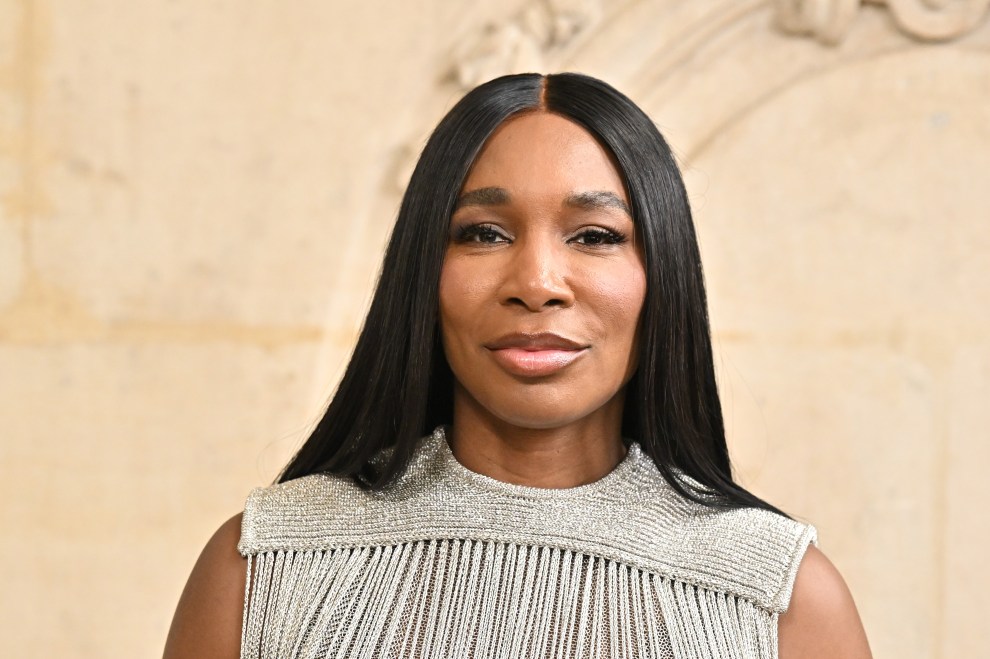Veteran champion Venus Williams has revealed that her battle with uterine fibroids extended far longer than most knew. For years she experienced severe pain, but her complaints were repeatedly dismissed. She shared, “One doctor told me [when I was 37] … this is a part of aging.”
A Painful Journey Ignored
Williams first suspected autoimmune issues tied to her Sjögren’s syndrome. Yet fibroid symptoms were the real cause. She described episodes of such agony she “maybe … throw up. Or … can’t get off the ground.” For a 2016 Wimbledon doubles match, she even collapsed in the locker room, later saying, “It’s gonna pass … thank God Serena got the doctor.”
Despite persistent pain, medical advice was limited. One physician recommended a hysterectomy. Williams recalled, “I’ve never been so sad in my life. … I always wanted to have a choice and to have that taken away is just frightening.” It was a wake‑up call on the need for choice in women’s health.
Finding the Right Care
Her search led her to Dr. Tara Shirazian at NYU Langone’s Center for Fibroid Care. There, Williams underwent a uterine‑sparing myomectomy in July 2024. She described the fibroids as sometimes “big like an orange.” The surgery was successful, preserving fertility while removing the tumors.
Dr. Shirazian emphasized the importance of listening. “Women know their bodies. … all we have to do is listen,” she told Today. Williams says, “I didn’t associate the fibroids with my symptoms. No one ever explained that to me.”
Advocating for Awareness
July marks Fibroid Awareness Month—an apt occasion, as Williams now advocates for better recognition of fibroids. She highlighted the need for self‑advocacy: “You can be denied the best health care no matter who you are. … you have to be your own advocate.” She hopes sharing her story will help others. “I can get help. I don’t have to live this way.”
This issue disproportionately affects Black women. Studies show up to 80 percent of women develop fibroids by menopause; Black women often experience greater severity. Williams underscores that even high‑profile patients can go unheard. All women deserve informed care and the power of choice.

